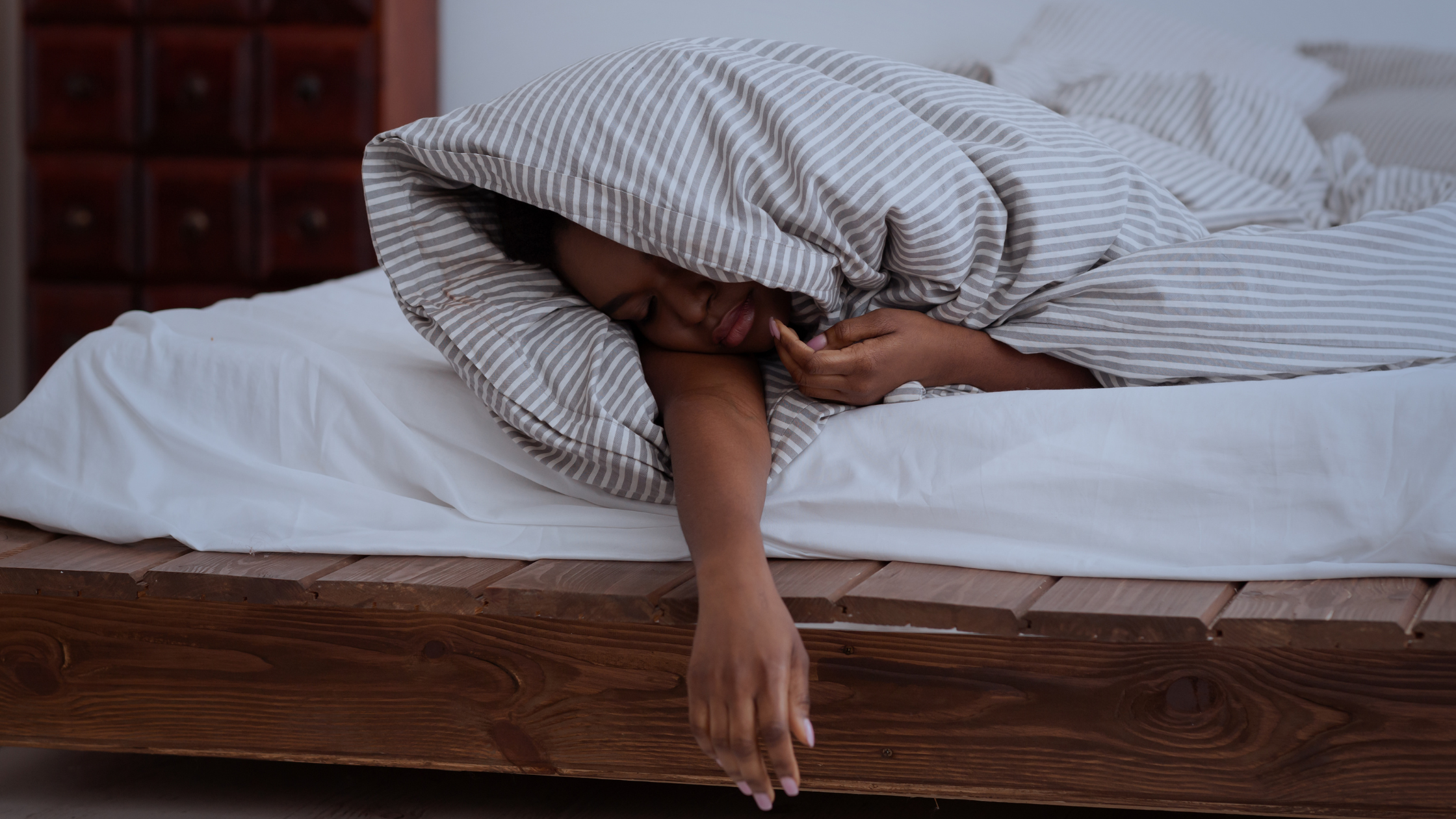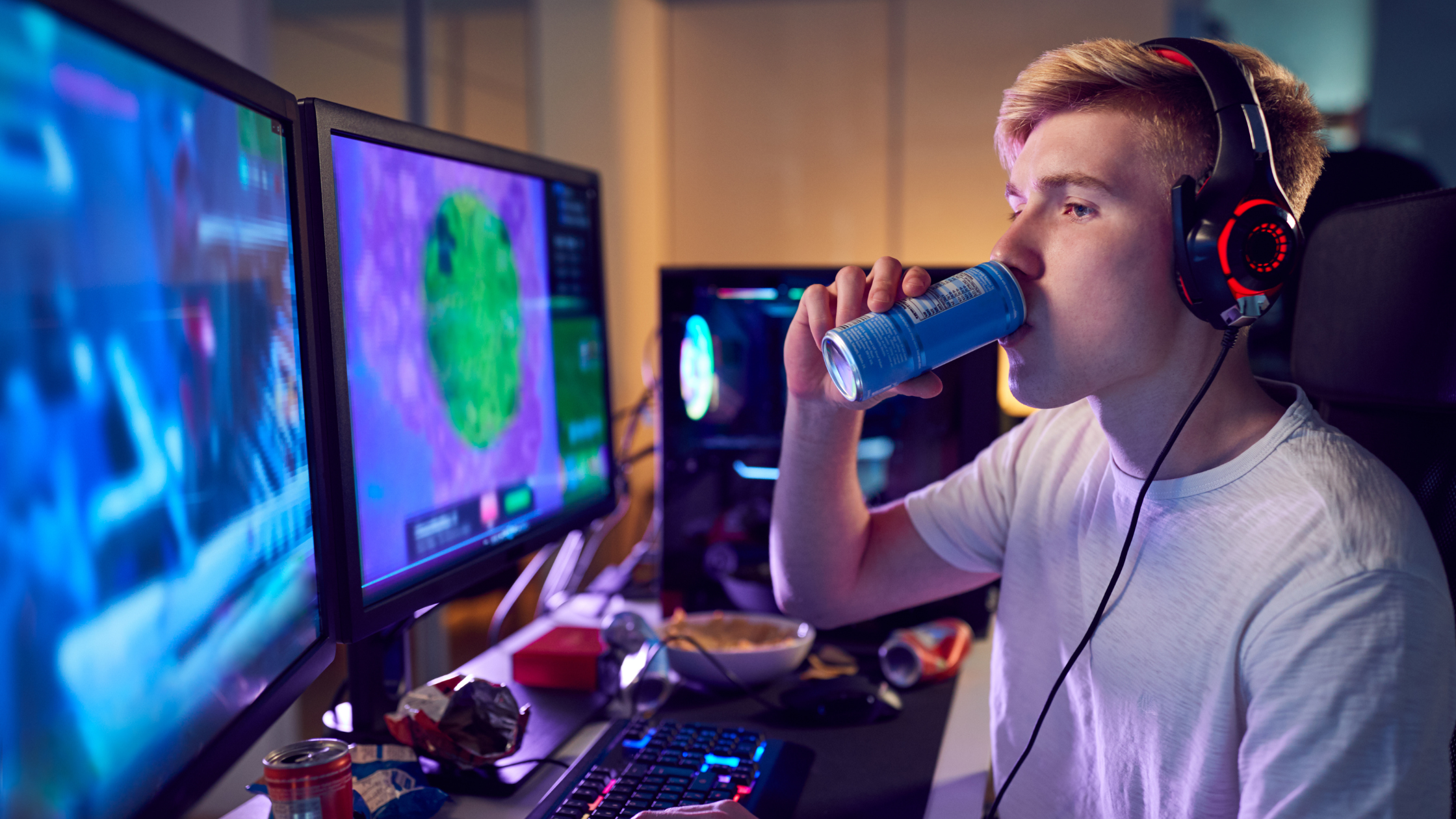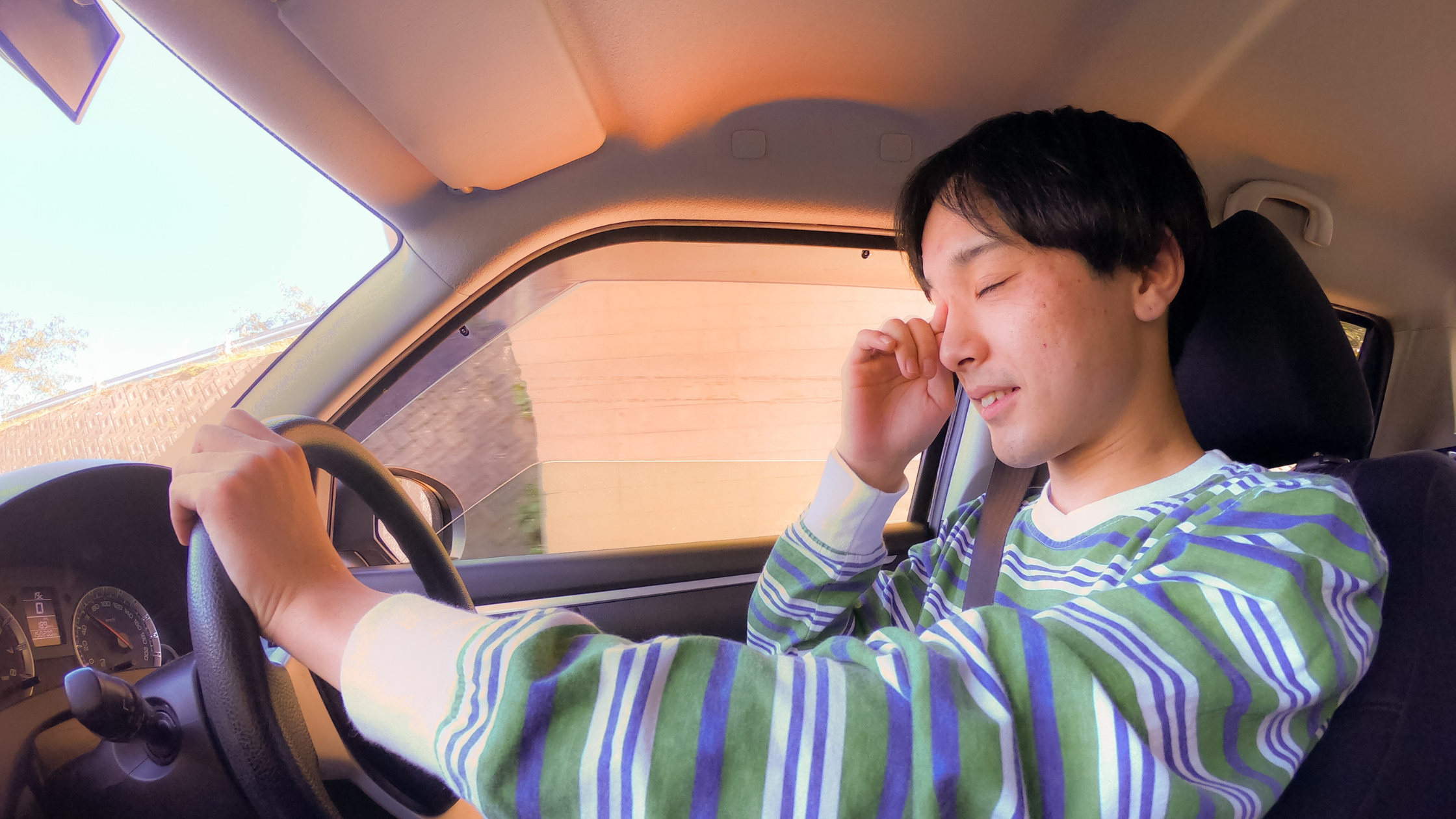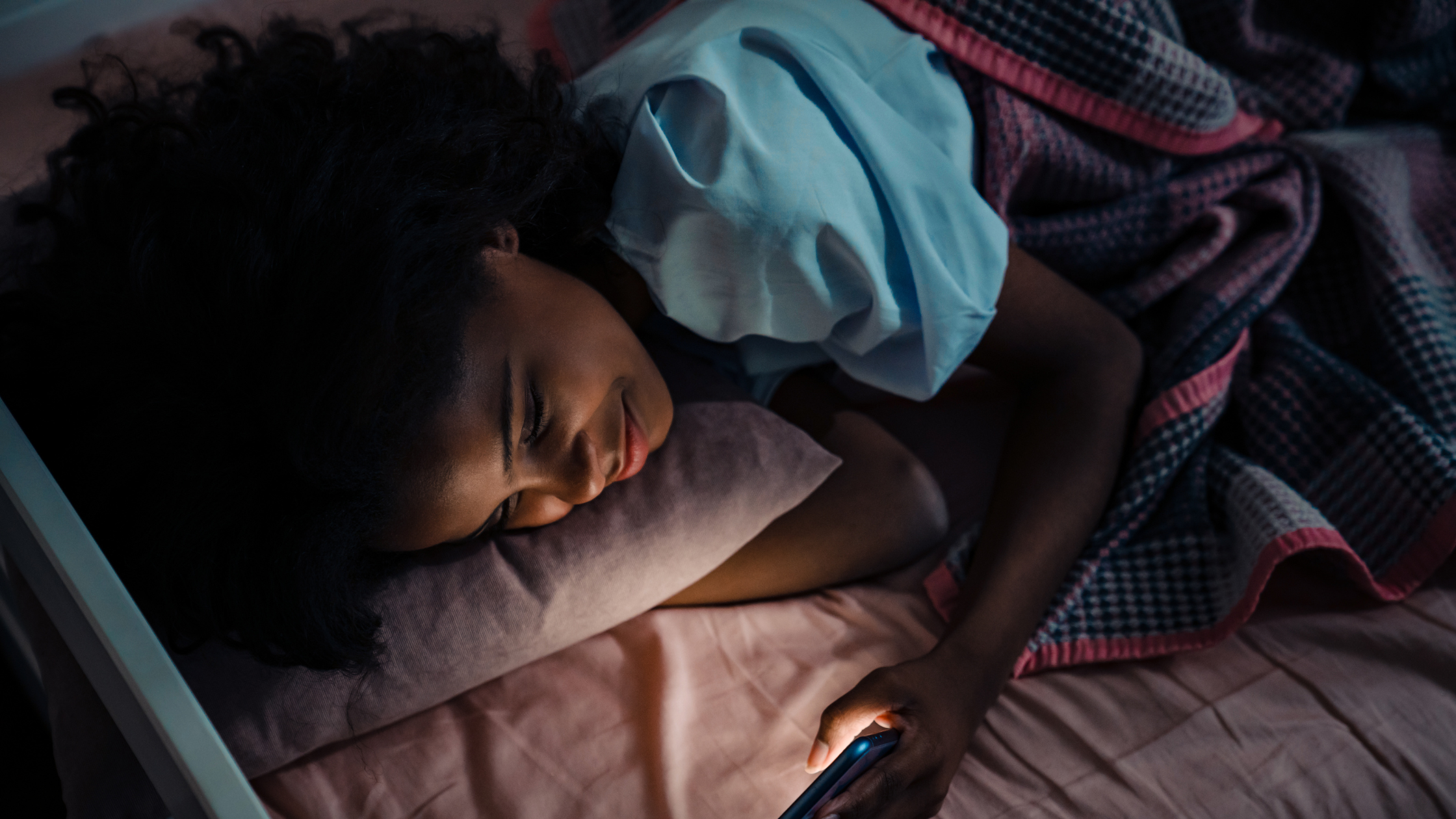Teenagers are notoriously sleep-deprived—and it’s not just because they stay up scrolling through TikTok. Adolescence brings biological, social, and environmental changes that can all wreak havoc on healthy sleep. According to the American Academy of Sleep Medicine, teens need 8 to 10 hours of sleep per night, but most fall short, leading to fatigue, mood swings, poor academic performance, and even long-term health risks.
Let’s look at the most common sleep problems teens face—and practical solutions that can help.










